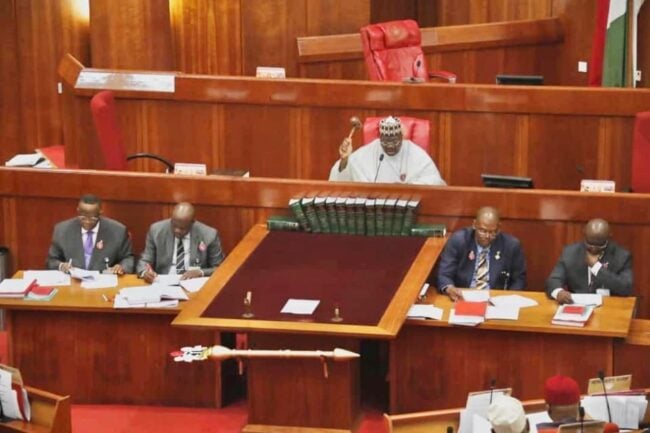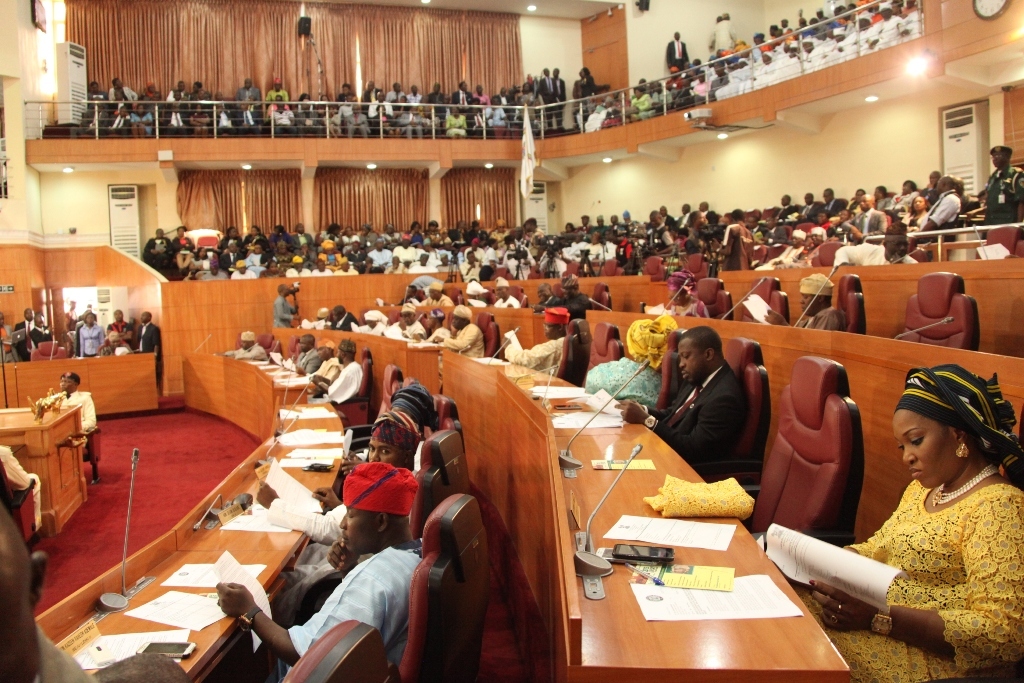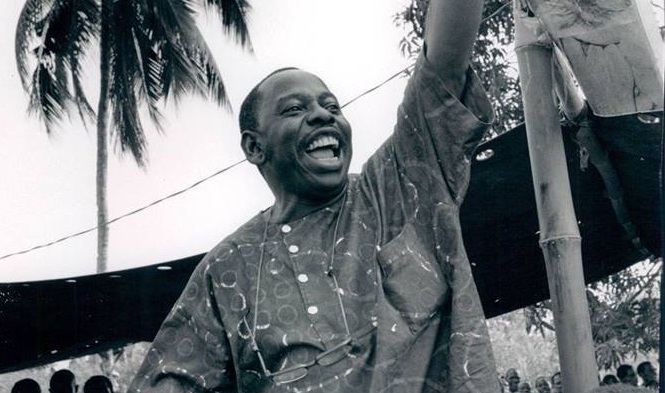Some bills introduced at the senate in 2019 got Nigerians talking. Many questioned the rationale for introducing these bills at a time the country needs legislation to confront its teething problems. The introduction of some of these bills raised the speculation that the senate was willing to do the bidding of President Muhammadu Buhari at any cost — even to the detriment of citizens.
Although Senate President Ahmad Lawan repeatedly said the national assembly would work for the good of citizens, he also said the current assembly would not fail the president. His seeming allegiance to the president has fueled the speculation that senate under his leadership is a rubber stamp of the executive.
Here are some of the ”controversial bills” at the senate in 2019.
HATE SPEECH BILL
Advertisement
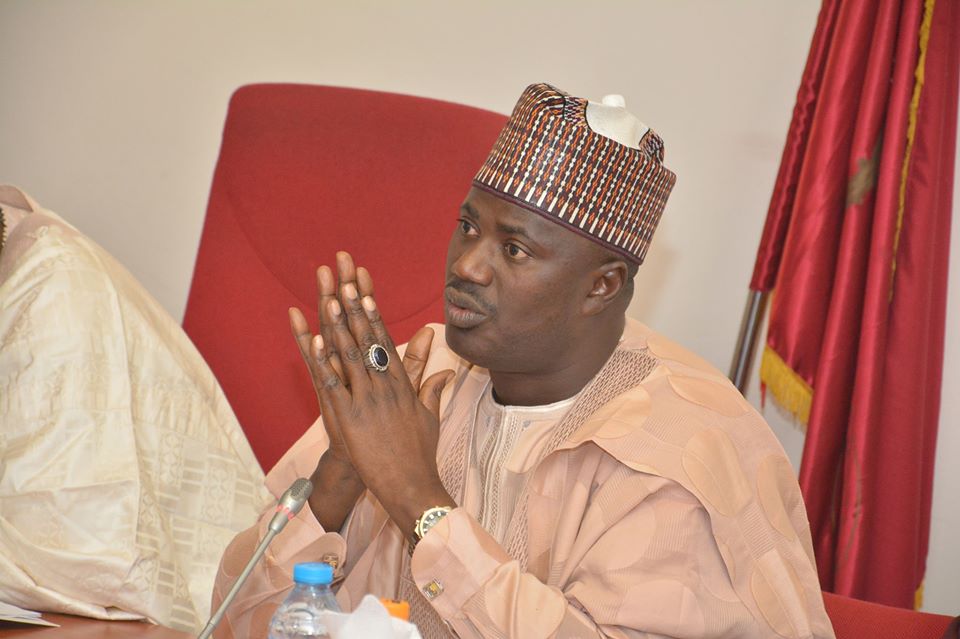
The senate came under harsh criticism when the ‘National Commission for the Prohibition of Hate Speeches Bill 2019’ was introduced in November.
The bill sponsored by Sabi Abdullahi, deputy chief whip of the senate, seeks a death penalty for any person found guilty of any form of hate speech that results in the death of another person.
It also said a crime is committed when: “A person publishes, presents, produces, plays, provides, distributes and/or directs the performance of any material, written and/or visual, which is threatening, abusive or insulting or involves the use of threatening, abusive or insulting words or behaviour, commits an offence if such person intends thereby to stir up ethnic hatred, or having regard to all the circumstances, ethnic hatred is likely to be stirred up against any person or persons from such an ethnic group in Nigeria” among others.”
Advertisement
Some Nigerians say the proposed legislation is an attempt to stifle free speech and prevent freedom of expression.
SOCIAL MEDIA BILL
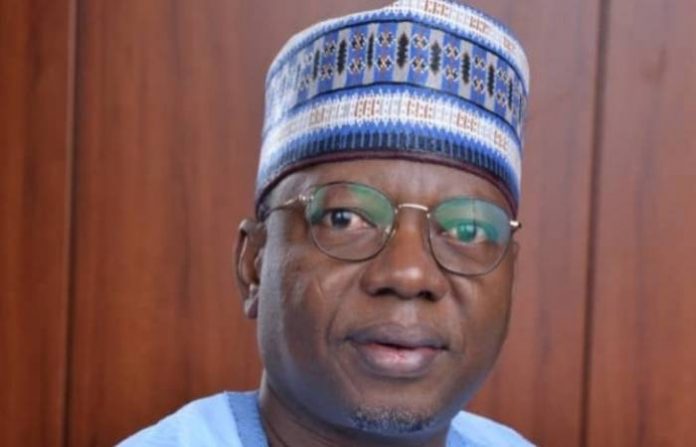
The bill entitled ‘protection from internet falsehood and manipulations bill, 2019’ is sponsored by Mohammed Sani Musa, senator representing Niger east.
The bill sparked off outrage when it was introduced in November. Musa, its sponsor, said the country needed the law to protect its “fragile unity”.
Advertisement
“It is not to stop people from going into the internet to do whatever they feel legitimately is okay to do but what we felt is wrong is for you to use the medium to document information that you know is false, just because you want to achieve your desirable interest,” Musa said.
The bill proposes a fine of N150,000 or three years’ imprisonment for any offender. The proposed law also provides for a fine of between N5 million and N10 million on any telecommunication organisation that fails to prevent the spread of false information.
The bill scaled second reading at the senate on November 20 despite calls that it should be dropped.
Like the hate speech bill, the social media legislation was first introduced in the previous senate by Bala Na’Allah, then deputy majority leader, but it was abandoned after a public outrage.
Advertisement
Many worry that the hate speech and social media bills could be weaponised against opposition.
CONSTITUENCY PROJECTS
Advertisement
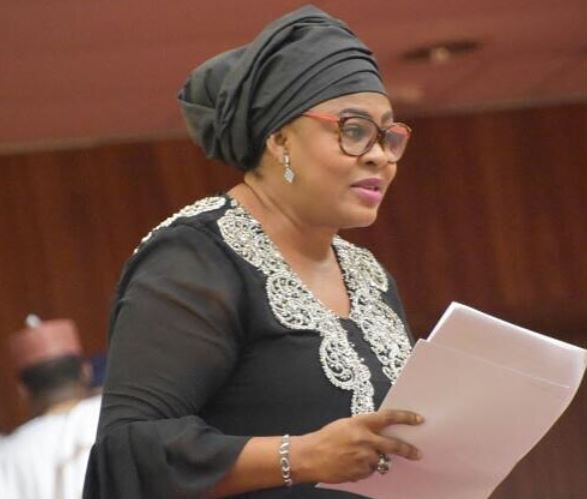
On December 11, a bill seeking to allocate 20 percent of the country’s annual budget to constituency projects passed second reading at the senate. Since the introduction of constituency projects, there have been allegations that lawmakers embezzled funds for the projects.
Advertisement
Recently, Buhari said N1 trillion has been spent on constituency projects in the past 10 years but that there is nothing to show for it.
Stella Oduah, while leading a debate on the constituency projects bill, said it would “ensure that all the controversy surrounding the issue is cleared”.
Advertisement
“Any funding under this act shall be for a complete project or a defined phase of the project and may include land and buildings,” Oduah said.
“Constituency projects shall constitute 20 percent of our annual budget by ensuring that certain portions nation’s of the annual budget be set aside for rural development.”
FINANCE BILL
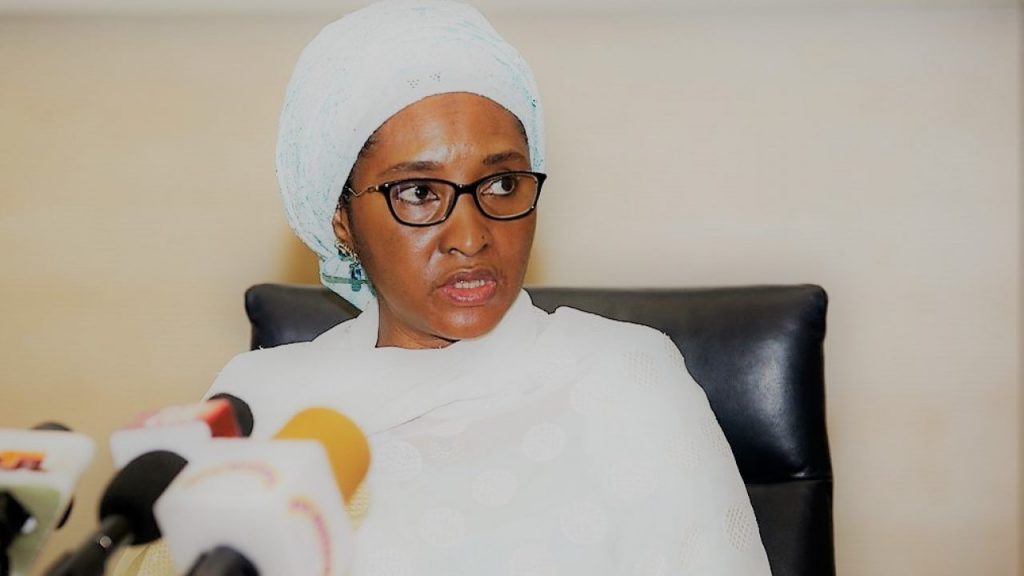
The bill introduced by the executive became controversial with the way it was handled. The bill seeking to amend seven existing laws — value added tax (VAT), petroleum profit tax, capital gains tax, stamp duties, customs and excise, personal income tax and companies income tax — is aimed at increasing the country’s revenue.
When the bill was to be read the second time, the senators passed it without knowing its particulars — and despite protest from other senators.
Some senators wondered how they could pass a bill without seeing its details, but Lawan insisted that debate on the proposed legislation would go on, and it was eventually passed.
Add a comment

